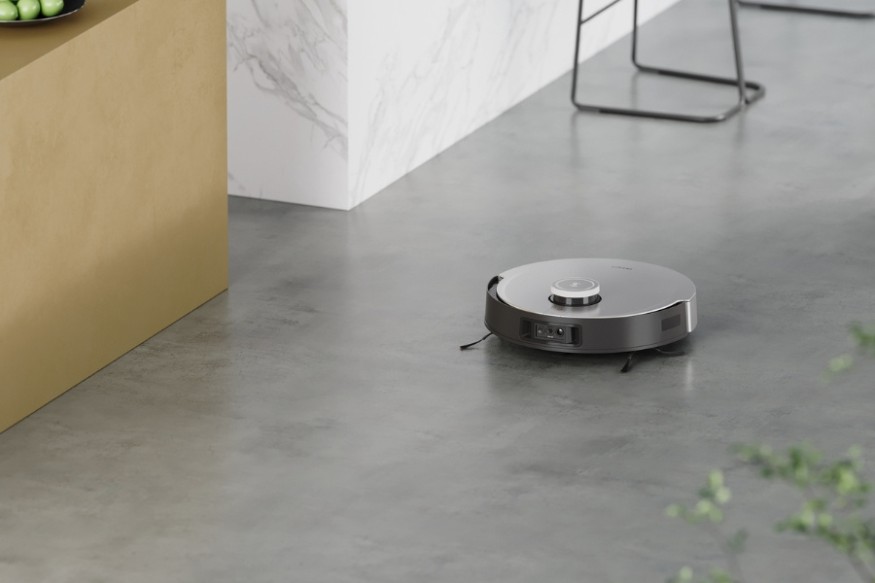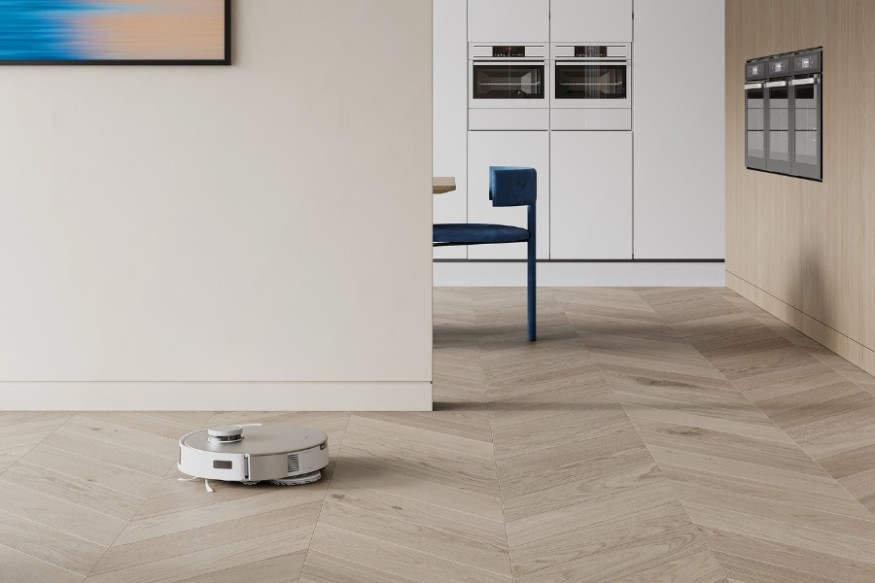
The average monthly residential electric bill in the United States was recorded at US$142.19 in August 2024, according to the most recent data from the Energy Information Administration (EIA), which takes into account how much residents in the country paid for electricity in August 2024 and their average monthly consumption in kilowatt-hours. The United States has also experienced notable fluctuations in electricity demand in recent years, with the International Energy Agency stating that demand in the country fell by 1.6%, following a substantial increase of 2.6% in 2022. However, the forum expects a rebound in the 2024–26 outlook period.
Regional Differences in Electricity Costs
Electricity costs vary widely across the United States based on fuel prices, power plant availability and costs, transmission and distribution systems, weather conditions, and state-specific regulations. Hawaii had the highest average monthly electricity bills, reaching US$211.76 in August 2024, despite having the lowest consumption rates in the country (503 kWh). In contrast, Utah residents enjoyed the lowest average monthly bills at US$89.41 during the same period even though the state's consumption rate is higher (759 kWh) than Hawaii's.

As energy prices fluctuate and consumption habits change, understanding ways to manage electricity use is becoming increasingly important for American families. In addition, the differences between electricity bills across various states underscore how location can significantly impact a household's energy expenses, making energy efficiency even more crucial in states with higher rates.
Robot Vacuums as an Energy-Saving Option
One effective way to manage electricity costs is by investing in energy-efficient appliances, such as robot vacuum cleaners. Compared to conventional vacuum cleaners, which can consume 1,000–1,400 watts per hour, robot vacuums are designed to use significantly less power. Most smart vacuums only consume 30–90 watts per hour, making them a more energy-efficient choice for everyday cleaning tasks. By reducing electricity usage during each cleaning cycle, robot vacuums offer an eco-friendly alternative that can help lower monthly energy bills.

"Energy efficiency isn't just about cutting costs—it's also about making environmentally conscious choices. Robot vacuums are designed to consume significantly less energy than their traditional counterparts, offering households a cost-effective and eco-friendly cleaning solution. In the long run, this can translate to noticeable savings on electricity bills," says a spokesperson from ECOVACS, a manufacturer of robot vacuum cleaners. This perspective underscores the potential of robot vacuums to provide users with financial and environmental benefits.
© 2026 NatureWorldNews.com All rights reserved. Do not reproduce without permission.





